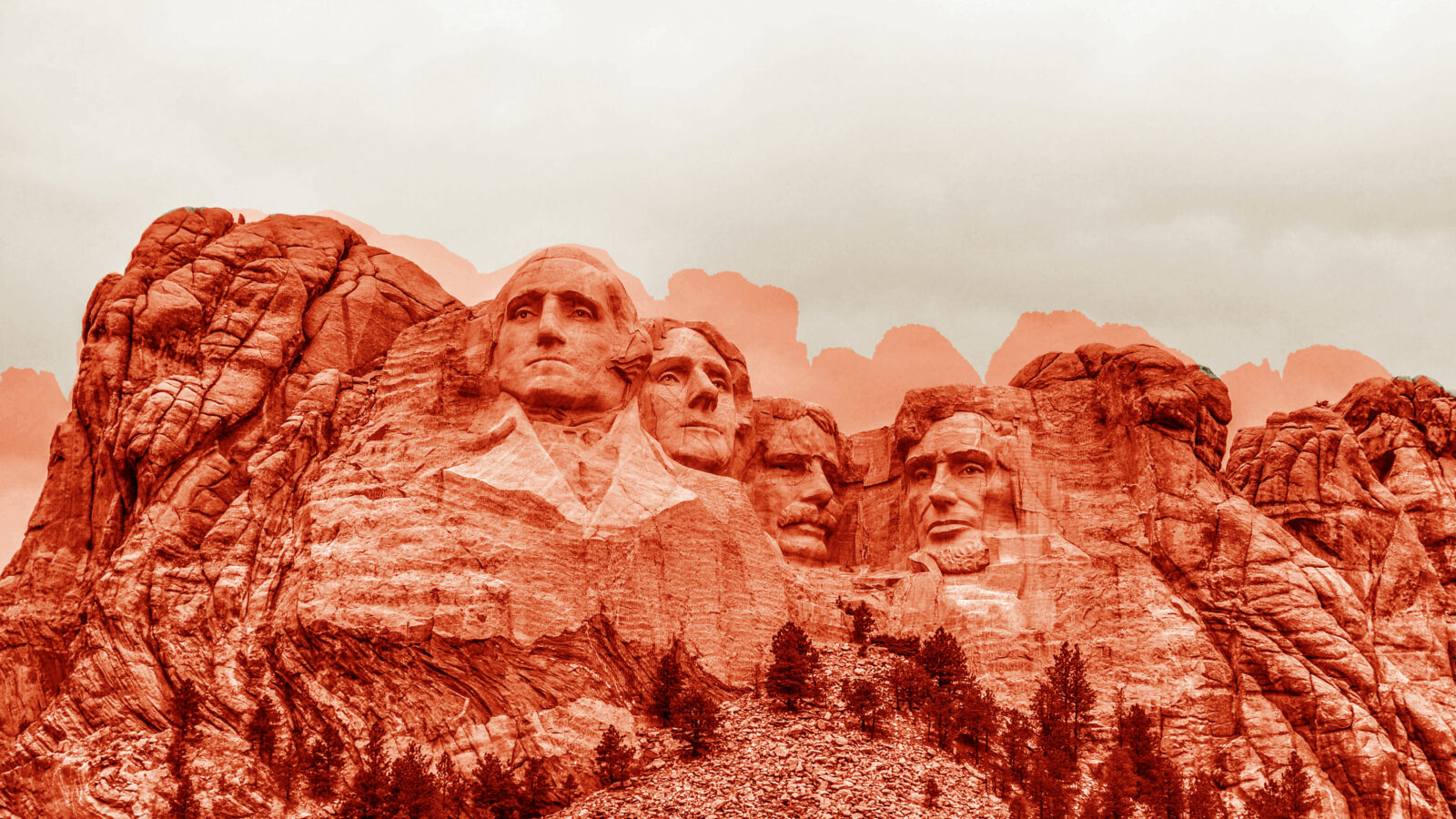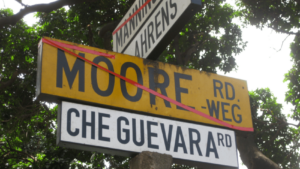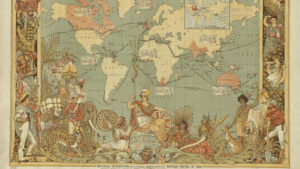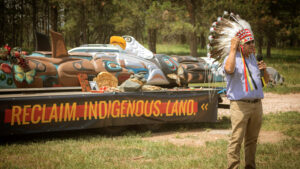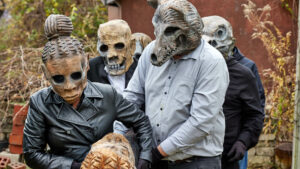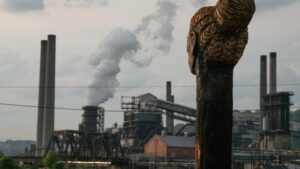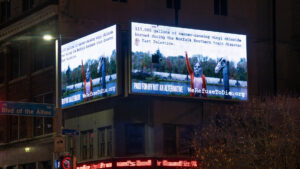2:30-3:45 pm ET
What if we understood fortress conservation not as the invention of patriotic nationalists in the American west, but as the renovation of a centuries-long process of primitive accumulation, where, by enclosure and colonial conquest, capitalist relations to land were violently imposed upon the world we share in common? This panel unpacks the historical relationship between conservation and dispossession. Speakers will explore the enclosure of the commons in Europe, the founding of Yellowstone and Yosemite, where state-sanctioned militias charged through the sublime landscapes of the American west, forcibly removing Indigenous communities to pave the way for the first US National Parks, and the imperialist histories of archaeology and natural history collection around the world, where preservation and plunder were two sides of the same coin. Where did fortress conservation come from? Where does it endure today? And how have people maintained, revitalized, and built collective power around the traditions of land stewardship that fortress conservation sought to replace?
A Red Natural History launch event, organized by The Natural History Museum. Co-sponsored by Survival International and the Center for the Humanities at CUNY Graduate Center.
SPEAKERS
Rosalyn LaPier (Blackfeet/Métis) is an award-winning Indigenous writer, ethnobotanist, and environmental activist with a BA in physics and PhD in environmental history. She works within Indigenous communities to revitalize Indigenous and traditional ecological knowledge (TEK), to address environmental justice and the climate crisis, and to strengthen public policy for Indigenous languages. Rosalyn is an enrolled member of the Blackfeet Tribe of Montana and Métis.
Karl Jacoby is Allan Nevins Professor of American History at Columbia University. He is a specialist in environmental, borderlands, and Native American history. His books include Crimes Against Nature: Squatters, Poachers, Thieves and the Hidden History of American Conservation and Shadows at Dawn: A Borderlands Massacre and the Violence of History.
Natchee Blu Barnd is associate professor of ethnic studies and Native American studies at Oregon State University, and editor of the Ethnic Studies Review. He is author of numerous articles and Native Space: Geographic Strategies to Unsettle Settler Colonialism (OSU Press, 2017).
Ashley Dawson is professor of postcolonial studies in the English department at the Graduate Center, City University of New York. His latest books include People’s Power: Reclaiming the Energy Commons (O/R, 2020), Extreme Cities: The Peril and Promise of Urban Life in the Age of Climate Change(Verso, 2017), and Extinction: A Radical History (O/R, 2016), as well as Decolonize Conservation: Global Voices for Indigenous Self-determination, Land, and a World in Common, co-edited with Survival International, out now with Common Notions Press. A member of the Social Text Collective and the founder of the CUNY Climate Action Lab, he is a long-time climate justice activist.

